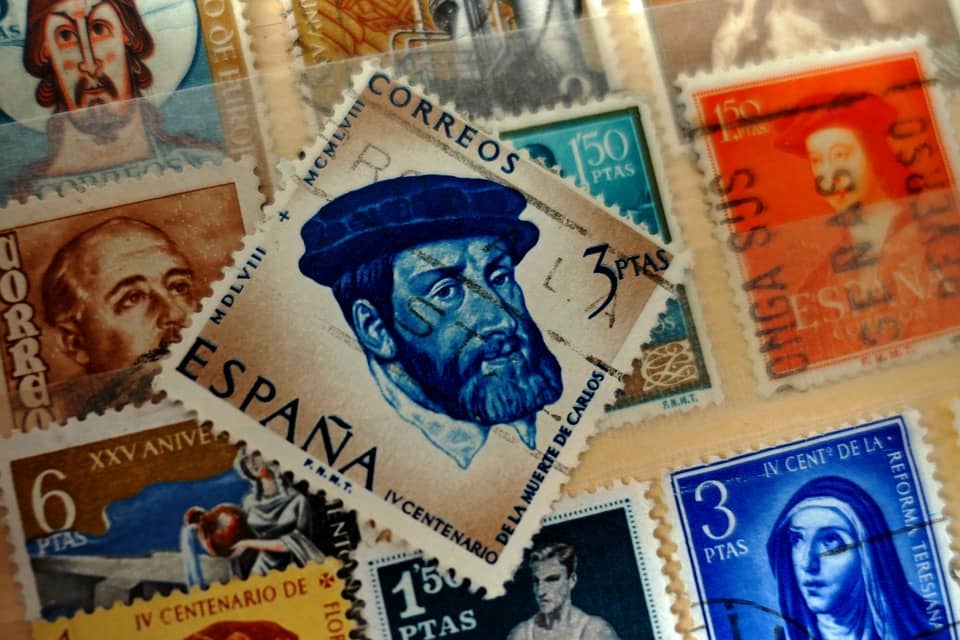The Future of Governance: How Governance Tokens Are Enabling Community-Led Decision Making
The world is witnessing a significant shift in the way organizations are governed. Traditional top-down approaches are being replaced by community-driven decision-making processes, where stakeholders have a say in the direction of the organization. Governance tokens have emerged as a game-changer in this new landscape, empowering community members to participate in decision-making and shape the future of the organization. In this article, we’ll explore the concept of governance tokens, their benefits, and how they’re revolutionizing community-based governance.
What are Governance Tokens?
Governance tokens, also known as governance tokens or voting tokens, are a type of digital token that allows holders to participate in decision-making processes of a decentralized or blockchain-based organization. By staking their tokens, community members can contribute to the direction of the organization, influencing key decisions such as new feature development, strategic partnerships, or budget allocations. Governance tokens are typically tied to a specific decentralized organization or association, such as a DAO (Decentralized Application) or a non-profit organization.
How Do Governance Tokens Work?
Governance tokens operate on a blockchain, enabling transparent, secure, and tamper-proof voting processes. Here’s a simplified overview of the process:
- Token Distribution: Governance tokens are distributed to community members, either through a decentralized exchange (DEX), token sales, or airdrops.
- Voting: When a proposal is submitted, token holders can vote on the outcome, exercising their governance rights. Voting is usually done through a user-friendly interface, such as a web-based application or mobile app.
- Token Staking: To participate in voting, community members must stake their tokens, ensuring the integrity of the voting process.
- Voting Results: The voting results are tallied and recorded on the blockchain, ensuring the integrity and transparency of the process.
- Implementation: The outcome of the vote is implemented, and the changes are made to the organization.
Benefits of Governance Tokens
Governance tokens have several benefits for both community members and the organization:
- Community Engagement: Governance tokens empower community members to participate in decision-making, fostering engagement and loyalty.
- Transparency: The blockchain-based voting process ensures transparency and accountability, as all votes and results are publicly accessible.
- Distributed Decision-Making: Governance tokens promote distributed decision-making, reducing the reliance on central authorities.
- Increased Flexibility: Token-based voting allows for flexible votes, enabling community members to cast their votes at a time that suits them.
- Security: Blockchain technology ensures the security and integrity of the voting process.
Use Cases for Governance Tokens
Governance tokens have Applications in various areas, including:
- Decentralized Finance (DeFi): Allowing pool owners to govern their own platforms.
- Non-profit Organizations: Allowing community members to participate in decision-making.
- Blockchain-based Games: Enabling in-game voting for important decisions.
- DAOs: Empowering decentralized organizations with token-based decision-making.
Popular Governance Token Platforms
Several platforms are enabling governance token functionality, including:
- Aragon: A blockchain-based platform for creating and managing decentralized organizations.
- MegaPlex: A token-based platform for community-driven decision-making.
- DAOStack: A DeFi platform providing decentralized governance and voting functionality.
Challenges and Limitations
While governance tokens hold much promise, there are challenges and limitations to consider:
- Voter Turnout: Encouraging adequate voter turnout is crucial for the success of governance token-based systems.
- Fraudulent Voting: Measures are necessary to prevent fraudulent voting attempts, such as decentralized identity verification.
- Complexity: Governance tokens can be complex to understand and deploy, requiring coordination among stakeholders.
Conclusion
Governance tokens are revolutionizing community-based governance, enabling distributed decision-making and empowering community members to have a say in the direction of organizations. With their potential to promote transparency, security, and community engagement, governance tokens are expected to play a significant role in shaping the future of governance. As the technology continues to evolve, we can expect to see more widespread adoption and innovative applications of governance tokens across various industries.
FAQs
Q: What is a governance token?
A: A governance token is a type of digital token that allows holders to participate in decision-making processes of a decentralized or blockchain-based organization.
Q: How do governance tokens work?
A: Governance tokens operate on a blockchain, enabling transparent, secure, and tamper-proof voting processes, where token holders stake their tokens and vote on proposals.
Q: What are the benefits of governance tokens?
A: Governance tokens have several benefits, including community engagement, transparency, distributed decision-making, and increased flexibility.
Q: What are some use cases for governance tokens?
A: Governance tokens have various applications, including decentralized finance (DeFi), non-profit organizations, blockchain-based games, and decentralized organizations (DAOs).
Q: Are governance tokens secure?
A: Yes, governance tokens are secured through blockchain technology, ensuring the integrity and transparency of the voting process.
Q: What are the challenges and limitations of governance tokens?
A: Some of the challenges and limitations of governance tokens include voter turnout, fraudulent voting, and complexity.

Leave a Reply